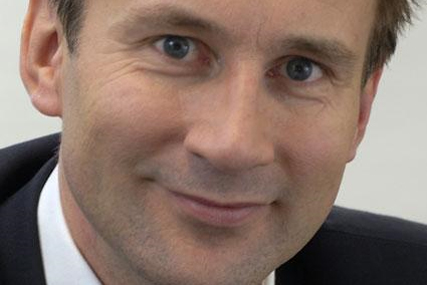
Speaking to The Daily Telegraph, Hunt said that the annual £145.50 fee could "absolutely" fall next year, and that the corporation would have to realise the country’s "very constrained" financial situation.
Any cut would come into effect when the BBC applies for a five-year licence renewal in 2012.
Hunt did not elaborate further on the amount he would expect the licence to fall, saying just that the government and the BBC were already in discussions about the 2012 negotiations.
The BBC has already said it is set to close its pension scheme to new members and has promised to cut top executive salary bills by 25 per cent over the next 18 months, which is seen as a pre-emptive strike from the broadcaster in advance of the negotiations with the government.
The corporation has recently come under criticism for not publicising the salaries of presenters and top talent,
Any possible move by the government could now force the BBC’s hand to make star salaries available to the public.
Ross’ deal has been reported as standing at £18m for his three year-contract, which has just ended. However, official figures have never been published, as the BBC has stated that salaries for the on-screen talent are a matter between the artist and the corporation.
During the interview, Hunt said that there seemed to be, "a steady flow of stories where the way that licence-fee payers' funds are used is not appropriate."
The announcement from Hunt would bring the BBC closer in line with government departments that have been told to expect up to 50% cuts in budgets in the first months of the new parliament, to tackle the UK’s debt problem.
In reaction, former Labour culture secretary Ben Bradshaw, has said that a reduction in the licence fee would be a sensible move in the current economic climate.
However, Bradshaw added that Hunt’s comments could be construed as being part of a "broader anti-BBC agenda."


.jpg)


.jpg)